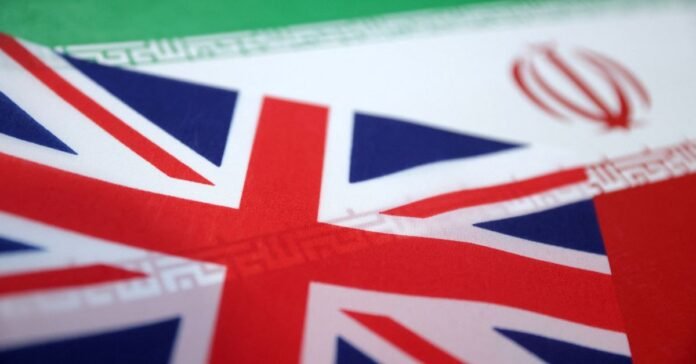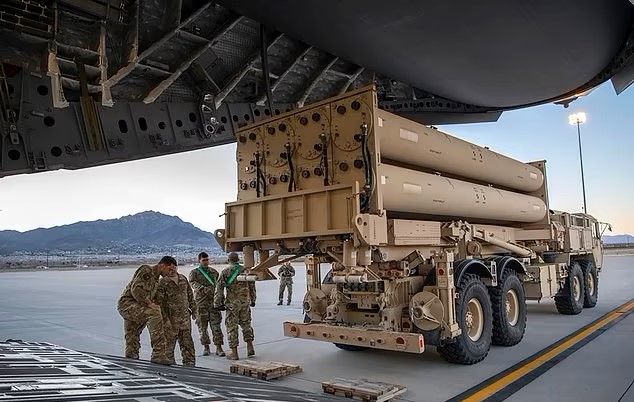The United Kingdom has withdrawn its diplomatic staff from Tehran, following unabating military conflict between Israel and Iran.
This comes after Iranian forces launched more missile strikes on Israeli territory, prompting fresh Israeli retaliations against suspected weapons sites in Iran.
The UK Foreign Office confirmed the withdrawal was precautionary. Officials stated there was “no immediate threat to British nationals” but noted “security concerns” required urgent measures.
Diplomatic efforts are underway in Geneva, where the foreign ministers of the UK, France, and Germany are meeting with their Iranian counterpart to reduce tensions and prevent a wider conflict.
The British government is urging restraint while continuing to monitor the situation closely. Embassies in nearby regions remain operational, but contingency plans are in place for rapid response.
US Response and Military Considerations
In Washington, the White House disclosed that former president Donald Trump—currently running for re-election—will announce in two weeks whether the US will consider direct military action. Observers believe this decision could shift the course of the conflict and possibly widen it.
While the US has long backed Israel’s right to defend itself, it has also urged all sides to avoid escalation. Military assets in the Mediterranean and Gulf regions are on alert.
Israeli military chief Eyal Zamir has described the current conflict as “a multi-front war”, stating that the Israeli Defense Forces are operating in one of their most complex environments yet.
After inspecting areas hit by Iranian missiles and reviewing operations in Gaza, Zamir said, “Our freedom to operate is expanding, and the enemy’s is narrowing.” He added that Israelis should be ready for a longer military campaign.
Israel continues to intercept rocket fire while launching targeted airstrikes against what it says are Iranian-backed sites in Syria and Lebanon. Iranian authorities deny any link to the attacks in these areas.
Nuclear Tensions Add Fuel to the Fire
This current stand-off is deepened by long-standing disputes over nuclear ambitions. Iran is a signatory of the 1968 Treaty on the Non-Proliferation of Nuclear Weapons (NPT), yet it faces ongoing accusations of violating its commitments.
Israel, meanwhile, has never signed the NPT. Although widely believed to possess nuclear weapons, it maintains a deliberate silence on the matter, declining to confirm or deny its capabilities. The policy, known as strategic ambiguity, has drawn sharp criticism from Iran and several Arab states.
Iran insists its nuclear programme is for peaceful use, including energy and medical research. However, Western trust in Tehran’s intentions has remained low since 2002, when an undisclosed uranium enrichment facility was discovered.
That event ignited decades of suspicion and subsequent sanctions, some of which remain in effect today.
The discovery reshaped international nuclear diplomacy and continues to affect today’s geopolitical tensions.
Rate, Like 👍, Comment, share this article and Follow us on our social media handles.






